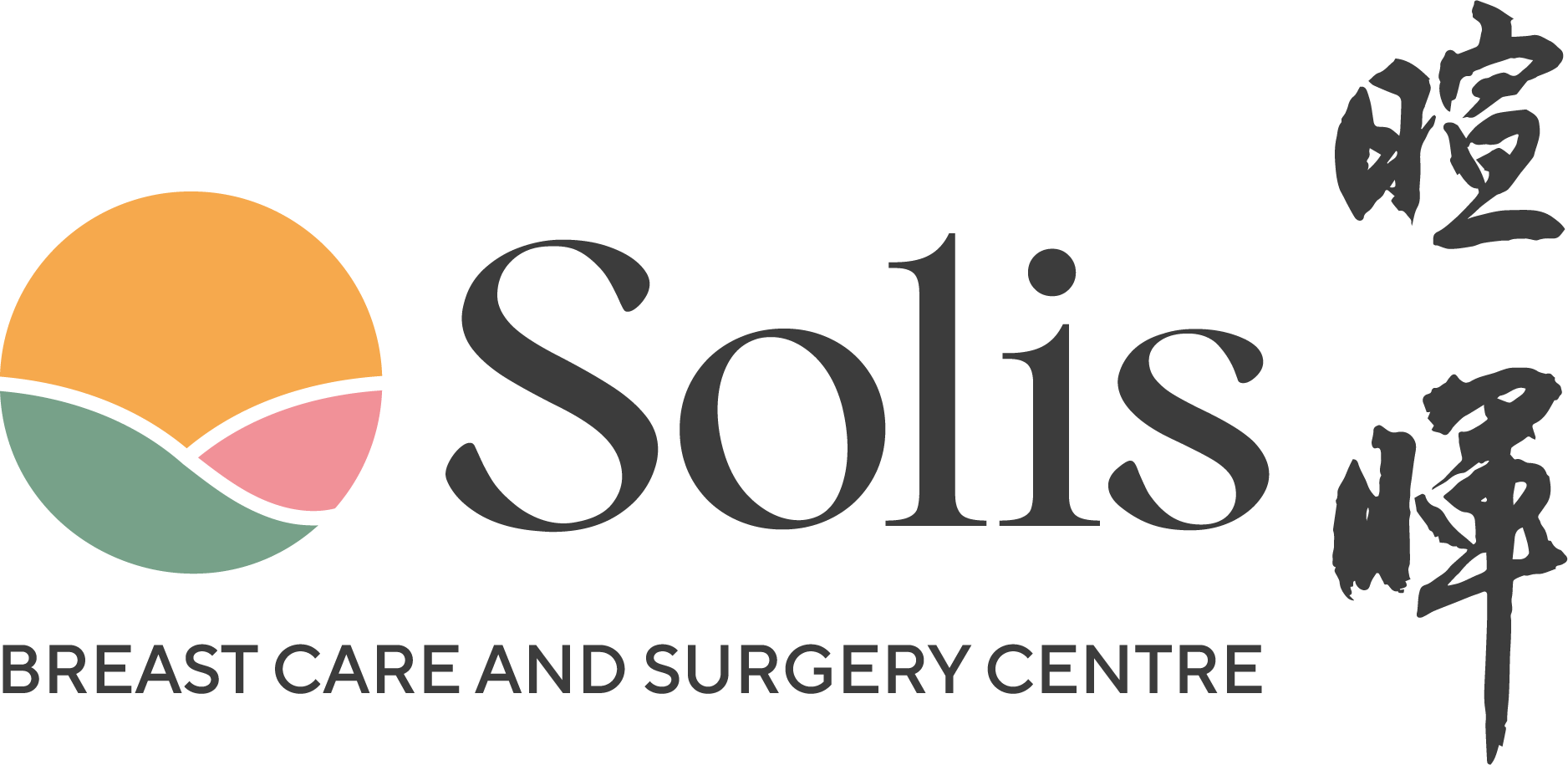Breast cancer is often seen as a disease that only affects older women. However, recent statistics from three healthcare centres in Singapore show that approximately 10-13% of diagnosed breast cancer patients are under 40[1].
Not all changes are breast cancer.
Breast self-examinations are a simple yet powerful way for younger women to be breast aware. Whether it’s a lump, breast pain or nipple discharge, what should you do if you notice something that doesn’t look or feel right?
Firstly, do not panic. Many breast changes do not necessarily mean cancer, and can instead be due to natural bodily changes or medication[2]. . Periods can cause breasts to feel swollen or tender due to hormone changes[3]. . This is normal and is usually not a cause for concern.
Other examples of breast changes include:
Breast Lumps
A breast lump can often feel like a solid feeling in or near your breast or under your arm. While they can sometimes be a sign of breast cancer, studies show that about 60-80% of all breast lumps are non-cancerous[4].
Breast Pain
Breast pain by itself is typically not a symptom of cancer. It can be caused by periods, pregnancy, menopause-related hormone changes, conditions like mastitis or medications like birth control pills[5].
Nipple Discharge
This refers to fluid from the nipple that is not breast milk. While nipple changes and discharge can be a sign of breast cancer, it can result from birth control pills, medicine and infections[2].
Benefits of Seeking Medical Advice Earlier

Sometimes, younger women may hesitate to speak to their doctor, assuming cancer to be unlikely at their age[6].
Other reasons people delay investigating symptoms include worrying about foolishly wasting the doctor’s time or fearing what might be found[7][8]. So they opt for the wait-and-see approach, hoping symptoms eventually go away[9].
While your symptoms might not be cancer, listening to your body and seeking clarity from your doctor are important for these reasons:
1. More Options with Early Detection
If your symptoms turn out to be cancer, addressing them early can help reduce the likelihood of needing more intensive treatment in the future. Early detection can be helpful for improving treatment outcomes and survival rates. When caught early (Stages 0 and 1)—before it has spread to other parts of the body, treatment can result in survival rates of over 90%[10].
2. Clarity and Peace of Mind
Your worries are unlikely to go away if you don’t seek help [11]. . Getting advice from an experienced healthcare professional helps take away the guesswork, allowing you to move forward with confidence rather than anxiety over what might be happening.
3. Self-Care
Your body is your partner for life, so treat it with kindness! Being proactive about unusual breast changes is a sign of good health management.
Talking about your breasts may feel uncomfortable or embarrassing[11]. . But remember, your doctor is here to help you. They will do their best to put you at ease during the process.
What Happens During Your Appointment

When you meet with a breast surgeon, they will want to know more about your symptoms to better understand your health. If you’re feeling anxious about forgetting anything, it helps to jot down notes before your appointment, such as[11]. :
- When your symptoms started, how often they occur and any patterns you’ve noticed
- Anything that makes your symptoms better or worse
- Any family history of cancer
- Any other concerns or questions you may have
This will help take some of the pressure off remembering everything. You can also bring a loved one to accompany you and help you ask questions or take notes.
You may need to undergo screening such as an ultrasound[11]. . In Singapore, mammograms are generally not recommended for women below 40 years old[10]. . As everyone’s breasts and bodies are different, your doctor will determine what you need based on your personal circumstances and preferences.
Your doctor will walk you through your screening results, answer any questions and advise you on next steps. Feeling scared is completely normal, and the experienced surgeons at Solis Breast Care & Surgery Centre are here to reassure you and give you the gift of clarity. You deserve a space where your concerns are heard and taken seriously.
Breast health should be a priority, no matter the age.
If you pick up any changes in how your breasts look or feel, schedule an appointment with your doctor today. Early evaluation can make all the difference in your peace of mind and overall health and well-being.
References
[2] National Cancer Institute, Understanding Breast Changes and Conditions: A Health Guide
[3] Cancer Council Victoria, Normal Breast Changes
[4] National Breast Cancer Foundation, Breast Lump
[5] NHS, Breast Pain
[6] Diagnostic delays in breast cancer among young women: An emphasis on healthcare providers
[7] Worrying about wasting GP time as a barrier to help-seeking, a community-based, qualitative study
[8] Cancer symptom awareness and barriers to symptomatic presentation in England—are we clear on cancer?
[10] Ministry of Health Singapore Health Promotion Board, HealthHub, Breast Cancer
[11] Cancer Research UK, Seeing Your GP when you have symptoms of breast cancer




